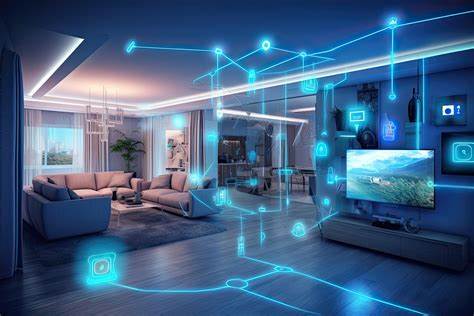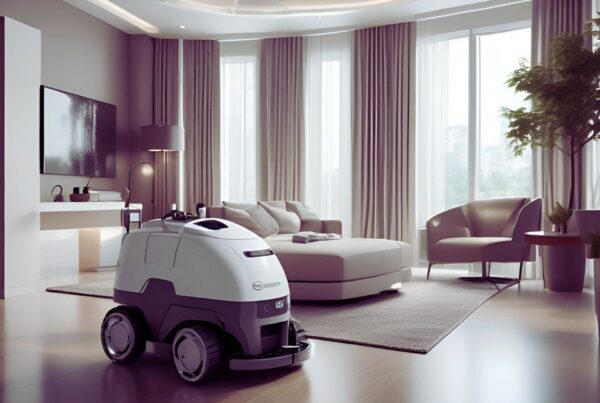In today’s fast-paced world, the hospitality industry is constantly evolving to meet the changing needs and expectations of guests. One of the most significant driving forces behind this evolution is artificial intelligence (AI). From streamlining operations to delivering personalized experiences, AI is reshaping the landscape of hospitality in profound ways.
The rise of chatbots: enhancing customer service 24/7
Gone are the days of waiting on hold for customer service assistance. AI-powered chatbots have become the frontline ambassadors of hospitality, offering instant support and guidance to guests around the clock. Whether it’s answering common queries, making reservations, or providing local recommendations, chatbots provide a seamless and efficient way for guests to interact with hotels.
These intelligent virtual assistants are capable of understanding natural language and context, allowing them to deliver personalized responses tailored to each guest’s needs. By leveraging machine learning algorithms, chatbots continuously improve their performance, becoming more adept at addressing complex inquiries and enhancing guest satisfaction.
Personalization at scale: tailoring experiences to individual preferences
One of the most compelling aspects of AI in hospitality is its ability to deliver hyper-personalized experiences to guests. By analyzing vast amounts of data, including past interactions, booking history, and demographic information, AI algorithms can discern patterns and preferences, allowing hotels to anticipate guest needs before they even arise.
From recommending customized amenities and room upgrades to suggesting personalized dining options and local activities, AI empowers hotels to create memorable and unique experiences for each guest. By catering to individual preferences and tastes, hotels can foster deeper connections with guests, leading to increased loyalty and repeat business.
Optimizing operations: driving efficiency and cost savings
Beyond enhancing guest experiences, AI is also revolutionizing back-of-house operations, driving efficiency and cost savings for hoteliers. Predictive analytics algorithms can forecast demand, optimize pricing strategies, and streamline inventory management, allowing hotels to maximize revenue and minimize waste.
Additionally, AI-powered systems can automate routine tasks such as housekeeping schedules, maintenance requests, and staff scheduling, freeing up employees to focus on more value-added activities. By leveraging AI to optimize operations, hotels can improve productivity, reduce overhead costs, and ultimately enhance their bottom line.
The future of hospitality: embracing AI innovation
As AI continues to advance and evolve, its potential to transform the hospitality industry is limitless. From personalized guest experiences to operational efficiency gains, AI-powered technologies are reshaping every aspect of the guest journey.
To stay competitive in today’s dynamic landscape, hoteliers must embrace AI innovation and leverage its capabilities to meet the evolving needs and expectations of guests. By harnessing the power of AI, hotels can unlock new opportunities for growth, differentiation, and success in the digital age.
In conclusion, the impact of AI in hospitality is undeniable. From chatbots revolutionizing customer service to personalized experiences tailored to individual preferences, AI is driving a paradigm shift in how hotels engage with guests and operate their businesses. As we look to the future, the possibilities of AI in hospitality are truly limitless, promising to redefine the guest experience and shape the industry for years to come.






